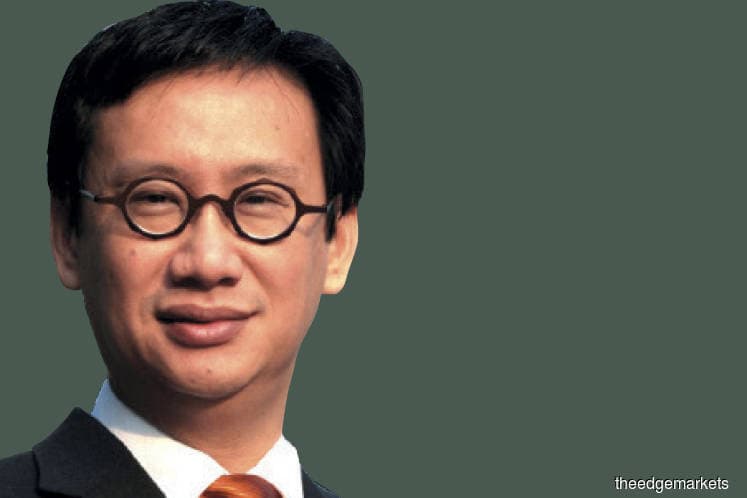
This article first appeared in The Edge Malaysia Weekly on December 25, 2017 - December 31, 2017
AS we come to the end of the year, economic scepticism persists. Three quarters of reasonable growth and a slightly stronger ringgit have yet to allay the deep uneasiness of corporations, the rich and the middle class. My reading is that the middle class are still upset and the corporations and the rich are increasingly on edge. Even the more positive outlook for trade and gross domestic product seem to face scepticism. I guess fewer people think they will actually benefit.
The middle class have been tightening spending ever since the ringgit collapsed in late 2015, driving the cost of imported goods up. After two years of a weak ringgit, many believe it will never recover and that a new normal has set in. Many are also struggling with high household debt and those who speculated on property are facing uncertainty.
The rich and their corporations are even more on edge, with particular concerns over aggressive tax raids by the Inland Revenue Board. Budget 2018 projects a 6.9% and 7.3% increase in corporate and individual income tax collection respectively. Yet neither corporations nor individuals are expecting corresponding growth in profit or income next year. Will this government projection mean IRB tax raids will intensify going into next year?
As for the lower-income non-taxpayers (85% of the working population), they continue to struggle with a higher cost of living. While numbers for consumer sentiment are showing acceptance of the Goods and Services Tax, it is very grudging. For this reason, the rakyat may exact revenge on the government come the general election. Wages are more or less stagnant as corporations continue to grapple with existential issues of profitability and retrenchment. It is a sign of the times that the best legislation to have been passed in Parliament of late, is an unemployment insurance scheme. What is even more worrying is this legislation will be paid for by employers and workers; the government contributes nothing, exposing its fiscal frailties.
So, there is little to cheer about in this festive period and the government is still fiscally strapped. For next year, it is bent on taxing people more to feed its own suspect system of governance. The national debt and contingent liabilities are high, limiting its ability to pump-prime the economy ahead of GE14.
The election budget announced in October received a muted market response. The record shows that a string of financially feckless Barisan Nasional governments have failed to achieve a single budget surplus in the last 19 years. Next year, the government will add another RM40 billion of debt, bringing the projected total national debt to RM720 billion. Paying just the interest on this debt will cost RM30.9 billion next year.
The only pump-priming game in town appears to be in the Kuala Lumpur-Singapore High-Speed Rail and East Coast Rail Link mega construction projects, funded with loans from China. However, the KL-Singapore HSR and ECRL are suspiciously overpriced and experts are rightly questioning whether they will generate sufficient economic multipliers to justify the costs. More worrying is the question of how these China-led projects will benefit Malaysians, as the Chinese tend to bring in their own materials, expertise and even workers. Will local suppliers and contractors even get 30% of the contract value?
Many corporations are holding back their plans pending GE14. The election is expected sometime in the first two quarters of next year and cannot be later than August. I am of the opinion that corporations should just get on with their plans; the outcome of GE14 is unlikely to provide strong economic leadership. Corporations should focus on building up their own internal strength and become less reliant on government.
Whatever the outcome of the election, the national fiscal situation cannot be improved overnight. If the opposition wins, fiscal reforms may require two to three years to bear fruit. If the government wins, can it overhaul its fiscal policies and practice fiscal discipline by eliminating wastage and corruption? If it cannot, then the government will be taking a back seat in leading the economy.
Wong Chen is Member of Parliament, Kelana Jaya
Save by subscribing to us for your print and/or digital copy.
P/S: The Edge is also available on Apple's AppStore and Androids' Google Play.